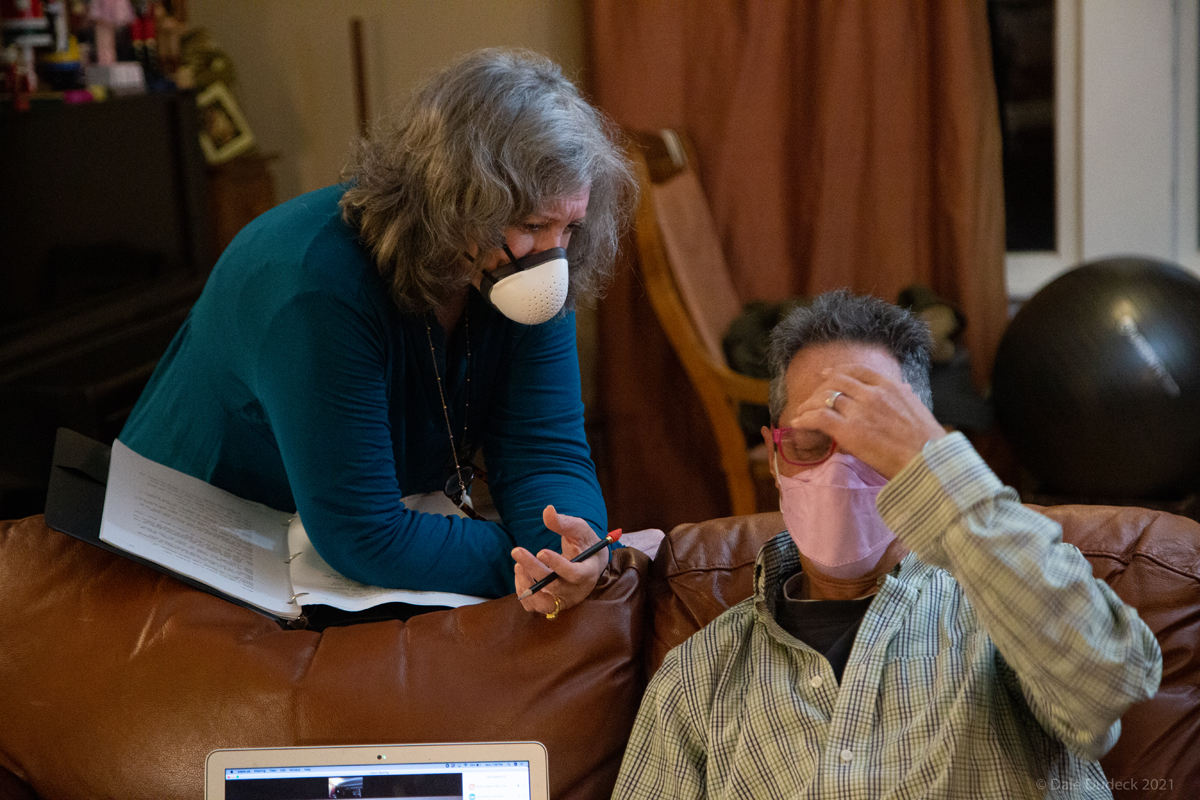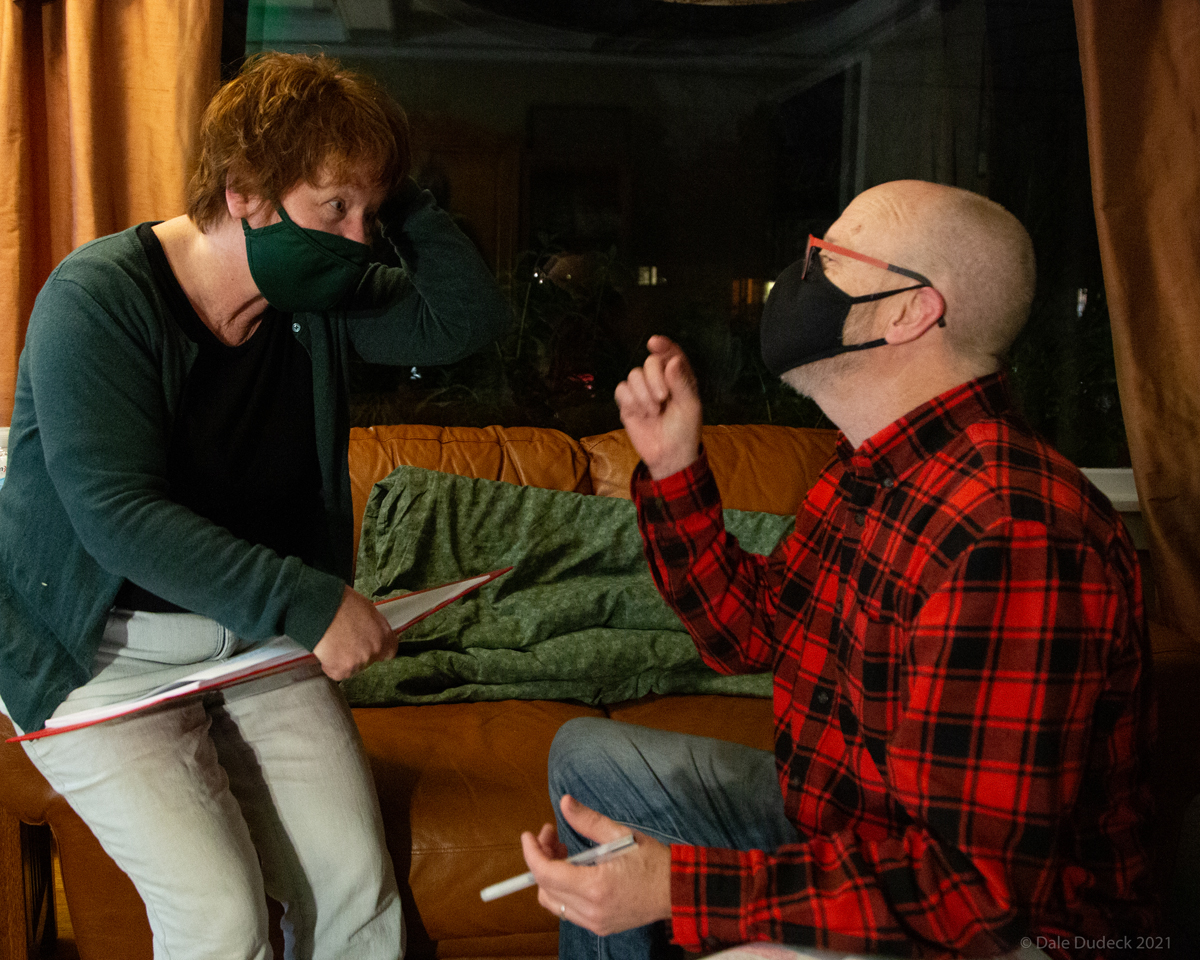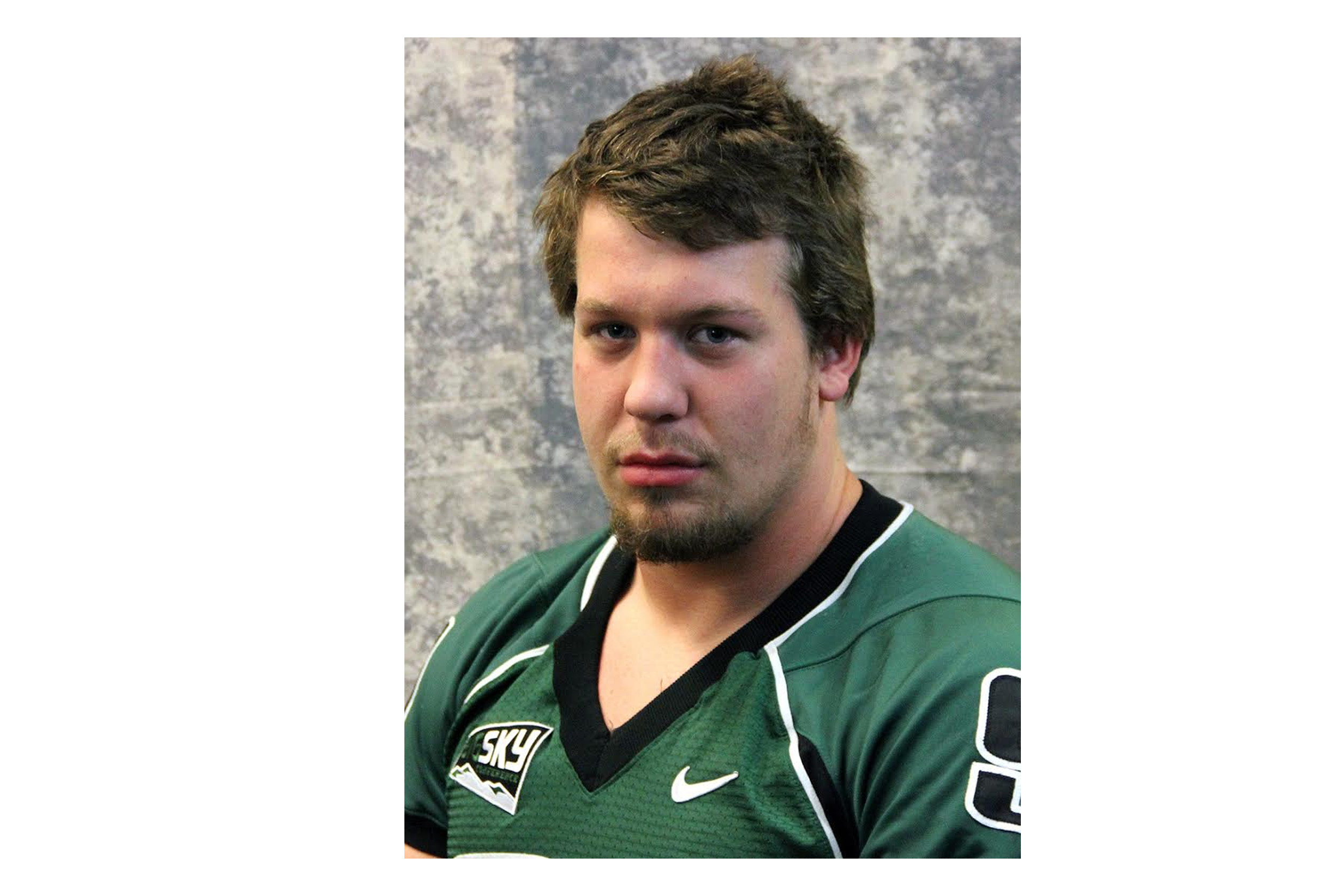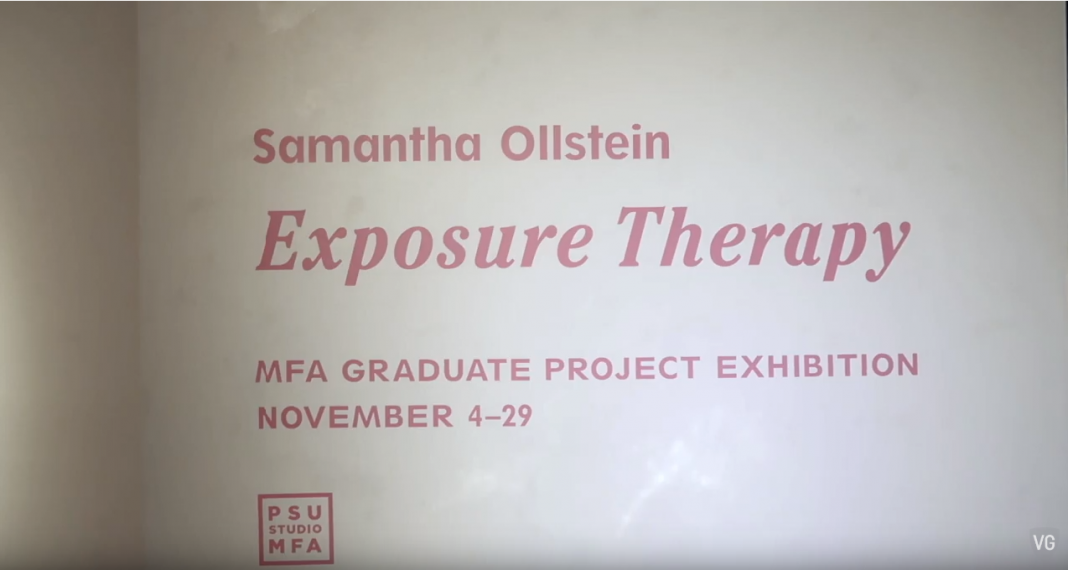Ruth Jenkins would like you to think about death. Specifically, the Portland-based playwright and actor wants her audience to consider end-of-life care, along with the complex web of emotions, decisions and processes that go along with it.
Jenkins’ new play, Quality of Death, explores the intersection of medicine and the process of dying in the modern world, while inviting audiences to empathize with characters attempting to die on their own terms.
The performance—which features an ensemble cast of characters going through the end-of-life process—takes a healthy dose of reality from Jenkins’ experience as a career speech-language pathologist.
“As I was working my job, which I’ve been doing for twenty-five years, there would be times that people would say things or I’d have particular experiences,” Jenkins said. “I would write them down.”
“I kept a little notebook…thinking that someday I would do this,” she said of her research process for the play.
Many of the individual stories featured in the play are inspired or drawn from her experiences with her patients, with narratives reflecting different aspects of the human experience, ranging from strangely funny to bittersweet.
Some, such as the story of an elderly man who asked if his medically challenged wife was having swallowing problems due to engaging in too much fellatio, are almost comically absurd. Others, such as Jenkins’ experience with a patient who died alone in an ambulance because his family refused to commit him to a care facility, are more tragic. Wherever they fall on the spectrum of human emotion, each story gives the script some narrative edge—an edge that can only come with the contribution of real-life experience.
Jenkins’ experience with navigating the complexities of end-of-life care aren’t limited to her professional life. Some of the impetus for writing and creating Quality of Death comes from Jenkins’ experience with the end-of-life medical decisions associated with her elderly mother’s death.
“You’ll see a lot of stuff in this play, sort of related to that,” Jenkins said of her mother’s death. “In the last day or two of her life, I was going to go pick her up from the hospital to take her to a skilled nursing facility, but when I got there the nurse said, ‘I don’t think she’s going to be going anywhere soon.’”
Jenkins’ elderly mother was suffering from severe lung failure due to a history of smoking and poor respiratory health, creating a medical situation that could only be solved with an invasive intubation procedure. When Jenkins asked if that was what she wanted—to be opened up for a breathing tube—her mother responded, “Oh, hell no.”
Jenkins’ mother requested to simply be put on a morphine drip to manage the pain as her body’s systems failed. She passed away peacefully and on her own terms, less than a day later.
Jenkins says that, in Oregon, terminal patients with a slightly longer life expectancy than her mother are lucky to have access to two main options: medication assisted dying, or Voluntarily Stopping Eating and Drinking (VSED) with the assistance of physicians to manage pain. In this respect, Oregon remains a rare exception.
VSED remains the sole option for most people in the country, a fact that Jenkins would like to see changed.
“The state of Oregon is better than most,” she said. “But I would really like to see our national government [and] more of these other states’ governments, to adopt what Oregon has.”
Jenkins believes that theater is an outstanding tool to raise awareness and build empathy for people impacted by the policies surrounding end-of-life care. In large part, this educational power is precisely what makes it one of her favorite mediums.
“I…believe that theater is such a powerful educational tool,” Jenkins said. “We can use it in so many different ways to educate people…and that’s what I like to do.”
Her previous productions, like Quality of Death, revolved around social issue-related themes, with one play about mental health in teenagers and another about gun violence.
With Quality of Death, she attempts to expose audiences to the experiences of end-of-life care, with the hope that they will gain an understanding not just of the realities for people on the receiving end of policy, but also for people who may be undergoing similar experiences in their own lives.
Jenkins hoped that audiences would come away with the ability to recognize when people have had enough.
“And the ability to accept that [decision], as family members,” Jenkins said. “That’s probably the primary thing.”







